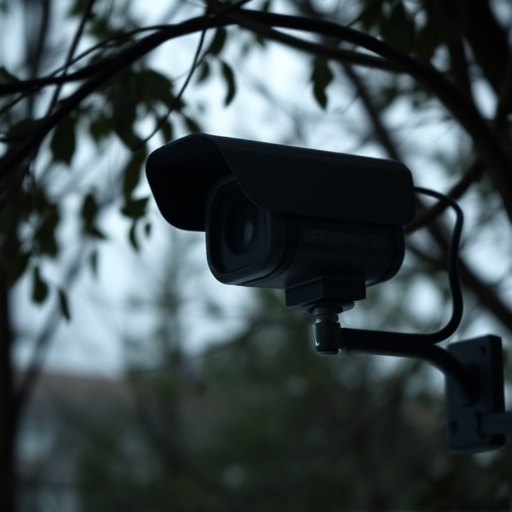Landlords install hidden security cameras with audio in rental kitchens and bathrooms to monitor activities, capturing video and intimate audio. These devices, often disguised near mirrors or inside cabinets, spark privacy debates due to their invasive nature. Balancing security and privacy becomes critical as technology advances, emphasizing the need for legal consideration of Hidden Security Cameras With Audio.
Uncover the hidden corners of your rental home and be aware of potential secret surveillance spots. Modern technology has made it possible for landlords to install sophisticated hidden security cameras with audio tracking, raising privacy concerns among tenants. This article explores three common areas where these devices may be concealed: kitchens, bathrooms, and beyond. Learn how to recognize their presence and protect your privacy in the digital age.
- Uncovering Hidden Cameras in Rental Kitchens
- Bathroom Privacy: Where Surveillance Hides
- Audio Tracks: Listening to Your Every Move
Uncovering Hidden Cameras in Rental Kitchens
Uncover hidden security cameras with audio in rental kitchens by examining potential hiding spots like wall-mounted appliances, ceiling tiles, or even under countertops. It’s crucial to be vigilant for any devices that seem out of place or have unusual wiring. Many modern hidden cameras can record both video and audio, making them harder to detect. Be sure to check for signs of tampering, such as loose screws or strange markings on walls, which could indicate the presence of surveillance equipment.
Bathroom Privacy: Where Surveillance Hides
The bathroom, a space typically associated with privacy and relaxation, can be a surprising hiding place for hidden security cameras with audio capabilities. Many rental property owners are installing these covert devices in bathrooms to monitor activities, especially in units with high tenant turnover rates. Discreetly placed near mirrors or inside cabinets, these hidden security cameras capture not just visual but also auditory data, allowing landlords to eavesdrop on conversations and hear any suspicious noises. While the prospect of such invasive surveillance might disturb some tenants, property managers argue that it’s a necessary step to maintain secure living environments.
Bathroom privacy is often overlooked when considering home security, making it an easy target for owners looking to implement secret surveillance. These hidden cameras can capture intimate moments without consent, raising serious concerns about tenant privacy rights. In the quest for enhanced security, it’s crucial to balance the benefits of monitoring against potential breaches of personal space and trust, especially in areas considered off-limits for surveillance.
Audio Tracks: Listening to Your Every Move
In today’s digital era, hidden security cameras with audio capabilities have become increasingly sophisticated, allowing landlords and property managers to listen in on their tenants’ every move. These devices can be discreetly installed in various locations throughout a rental property, from living rooms to kitchens and even bathrooms. The audio tracks captured by these hidden cameras provide an unprecedented level of surveillance, raising significant privacy concerns among tenants.
While landlords argue that such measures are essential for maintaining security and preventing property damage, tenants often feel their personal space is being invaded. It’s crucial for both parties to understand the legal implications and ethical considerations surrounding the use of hidden security cameras with audio. As technology advances, it becomes increasingly important to strike a balance between ensuring property safety and respecting tenant privacy.
In today’s digital age, understanding the potential for hidden security cameras with audio in rental properties is essential. From kitchens to bathrooms, every corner of your home could be under surveillance. By being vigilant and proactive, tenants can protect their privacy and peace of mind. Regularly checking for suspicious devices and staying informed about landlord regulations are key steps in navigating this modern challenge. Stay alert, know your rights, and ensure your personal spaces remain free from unwanted intrusions.
